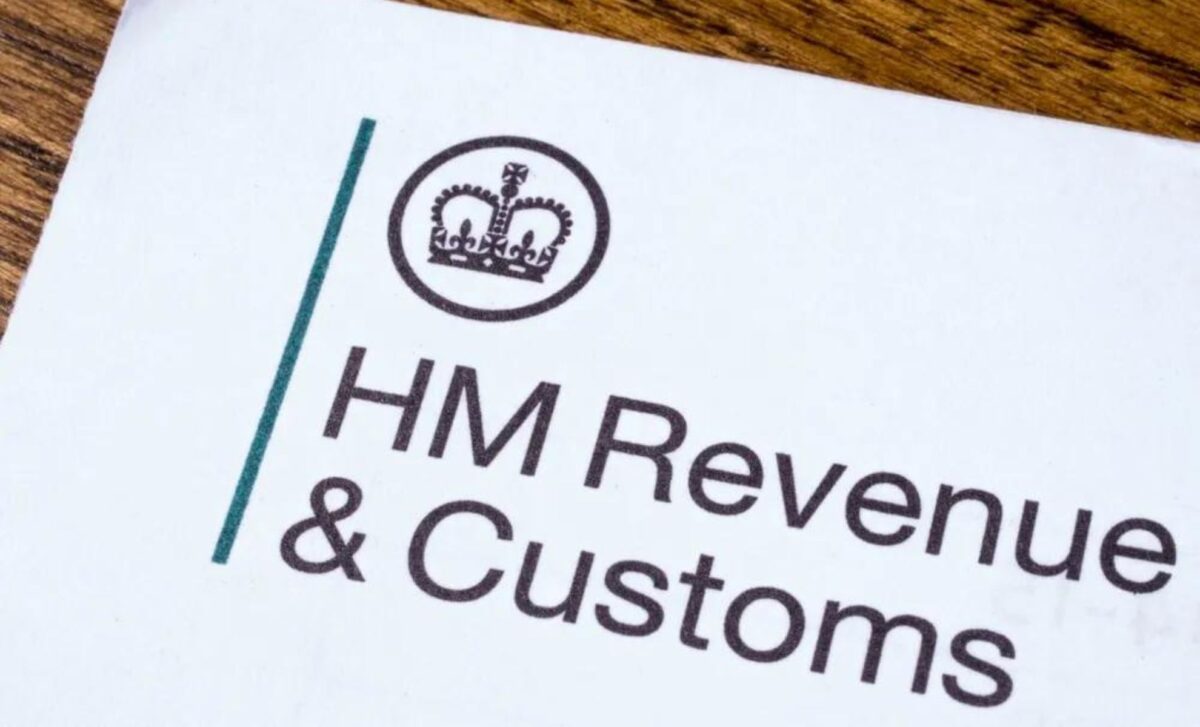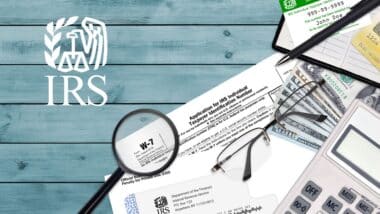The British citizens who are qualified for tax relief under HMRC’s new travel rules have been identified. Andy Wood, a tax expert, outlines the difficulties of tax relief for travel expenses under HMRC’s updated guidelines, outlining specific requirements and frequent misconceptions about eligibility.
Expert’s Insights on HMRC’s New Travel Rules & Tax Relief Eligibility for Workers
Andy Wood, a tax professional, emphasises the necessity of maintaining precise records and understanding tax requirements for travel expenses.
He encourages employees to seek advice from tax professionals or use official tax calculators to determine their possible tax benefits.
Andy cautioned: “Both employers and employees must maintain accurate records of travel purposes and workplace statuses to avoid compliance issues with tax rules. Misclassifying ordinary commuting as business travel can lead to non-compliance issues and potential disputes with tax authorities.”
He continued: “The amount of tax an individual can claim back usually depends on several factors, such as the employee’s tax rate and the total amount spent on eligible travel expenses. Employees should consult with a tax professional or use official tax calculators provided by tax authorities to determine the exact benefit they can expect based on their eligible expenses.”
Work Characterised by Location
Andy says that for employment defined by geographical location but without a physical office, the entire area serves as the permanent workplace. Travel within this area for business purposes is eligible for tax breaks, however trips from home to the area’s outskirts are considered regular commuting. This scenario is typical for positions such as sales or service that demand mobility within a specific territory.
Andy said: “The entire area becomes the permanent workplace for jobs defined by geographical location without a fixed office. Travel within this area for work purposes can qualify for tax relief, but journeys from home to the area’s edge are considered ordinary commuting. This scenario typically applies to roles such as sales or services that require mobility within a designated region.”
“Tax breaks for travel aren’t just for commuting; they also apply to different work situations, like temporary jobs or working at several locations. The important thing is whether you need to travel for your job away from your usual workplace. Both employees and employers should keep up with these rules to follow the law and get the most out of their tax benefits.”
Understanding Travel Expense Eligibility
While addressing common misconceptions surrounding travel expense eligibility, Mr Wood exposes the nuances of tax relief for travel expenses.
Wood said: “Employees often apply for tax relief for their travel expenses, but not all types of travel qualify. Ordinary commuting, the travel between your home and permanent workplace, generally is not eligible for tax relief.
“A permanent workplace is where an employee goes regularly to perform their job duties and must be there to fulfil their role. This could be an office, factory, or any other site that the employee visits routinely as part of their normal work routine. Since this type of travel is part of an employee’s regular commute, it does not qualify for tax relief.
“This means you can’t claim back any travel costs to and from this location on your taxes. It’s important to understand this distinction between ordinary commuting and travel to temporary workplaces—which can qualify for tax relief—both for adhering to tax laws and for accurate reporting on tax returns.”
Clarifying Tax Relief Eligibility for Emergency Call-Outs
Andy also addressed concerns about tax relief eligibility and provides insight into the standards regulating emergency call-outs and accompanying travel expenses, saying: “Even in emergency call-outs, where an employee must return to their permanent workplace unexpectedly, the journey does not qualify for tax relief unless it’s part of the employee’s duties while travelling. This ensures that tax relief is granted only when the travel itself is a necessary aspect of the job.”









